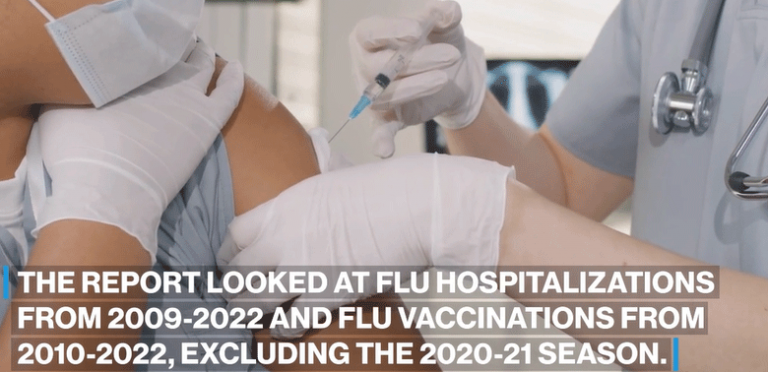
Dr. Sanjay Basu was treating an African-American man whom he intuitively thought would be at a high risk for a stroke. The patient smoked; he was older and had high cholesterol. But when the doctor of internal medicine and assistant professor of medicine at Stanford University put these details into an application that calculates a person’s risk based on current guidelines, it didn’t agree with him.
“It gave me a really bizarre answer and showed that he was really below risk, and that didn’t make sense to me at all,” Basu said. “The patient joked with me and said, ‘See, I’m fine. I finally caught you.’ He thought he got one over on me.”
The calculator, which is maintained by the American College of Cardiology, is supposed to estimate a patient’s 10-year risk of heart problems. Typically, a doctor will use it at an initial visit to have a good reference as they treat the patient. It can be used to help forecast the impact that health interventions such as exercise, change in diet, or taking a statin or daily aspirin could have on cardiovascular risk.
For the full story, visit CNN.com/Health.







